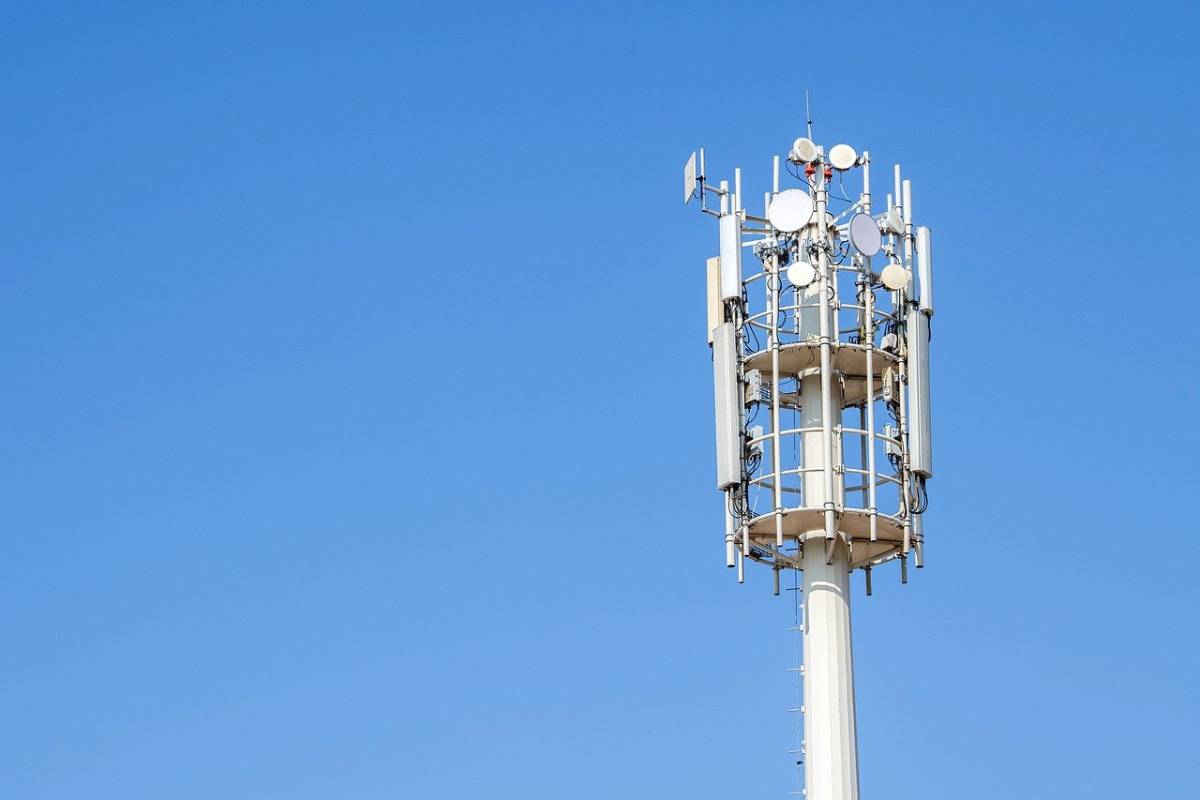Finland based smartphone manufacturer Nokia was one of the best mobile sellers across the globe back in the early ’20s. The company has somehow made a comeback in the smartphone industry and still managing to maintain the existence in the budget segments smartphones category. But now the competition is very high, all thanks to Chinese smartphone makers who are offering new phones almost every month. Apart from the smartphone business, the company is also indulged in other sectors like telecom gear making. Today the company has announced that Taiwanese telco Chunghwa Telecom (CHT) has selected Nokia to expand its 5G network in the country.
Nokia Chunghwa Telecom Partnership
Nokia said that it would deploy products from its AirScale portfolio for helping with Chunghwa Telecom’s 5G expansion. This product line includes radio access products, a base station, and massive MIMO radio as well. These products will ensure better connectivity among the users and business in the central-south region of Taiwan. Besides, the company also announced that it would continue the long-term vendor partnership with Chunghwa Telecom along with helping it in expanding 5G coverage. ET Telecom report said that the partnership between Nokia and Chunghwa Telecom aims to achieve 80% population coverage. The partnership is also meant to help the telco increase the 5G subscription by 20% in the country from its current subscriber base. Further, the report suggests that Chunghwa Telecom is planning to start rolling out 5G services aggressively this year. The telecom operator is going to focus majorly on high traffic areas and location that consist of high business demand. These areas will be metropolitan cities, universities, subways, high-speed rail stations, industrial parks, and exhibition halls. Besides, the nest-generation 5G connectivity will also be available in more than 120 popular tourist places in the country. Chunghwa Telecom is planning to expand its footprint by enhancing its 4G and 5G coverage across the country and also by offering private network solutions. The telco is strengthening its cooperation with local manufacturers who are developing industrial 4.0 applications using solutions in 3.5GHz and 28GHz spectrum. This is to meet the demand for throughput requirement (high-speed data transfer from one location to other). While the rest of the world is planning to expand 5G connectivity in their countries, India is still struggling with 4G and spectrum issues. There is no clarity on when India is going to witness the high speed of 5G.
